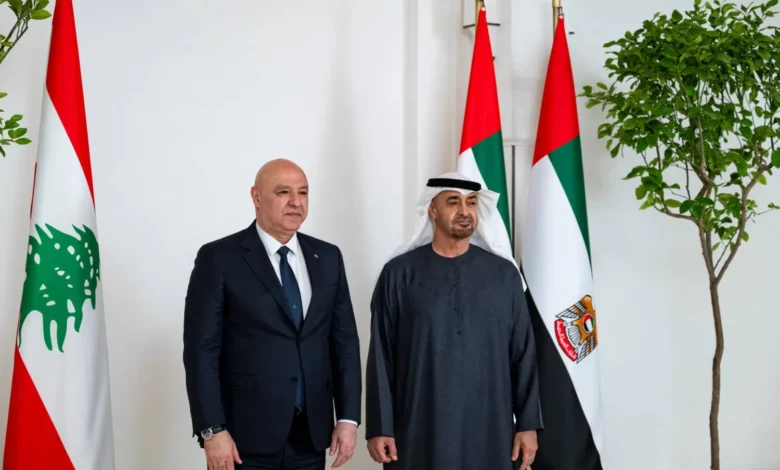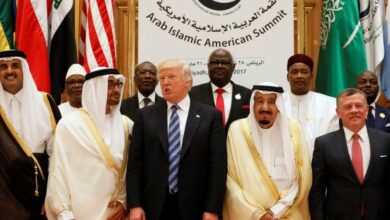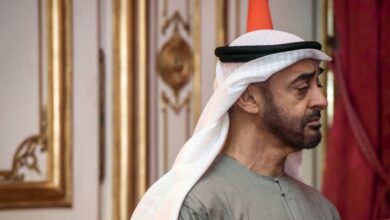Under UAE Pressure, Lebanon Begins Disarming Palestinian Factions—How Economic Promises Became Security Leverage
Under UAE Pressure, Lebanon Begins Disarming Palestinian Factions—How Economic Promises Became Security Leverage

Introduction
Lebanon’s recent decision to begin disarming Palestinian factions in its refugee camps reflects a new chapter in regional politics. The move, starting with weapons handed over at Burj al-Barajneh camp, marks a rare assertion of state sovereignty. However, evidence indicates that this shift has been significantly influenced by the United Arab Emirates, which has linked institutional support and economic aid to these domestic security changes.
UAE’s Diplomatic Push
Following a May 21 meeting between President Joseph Aoun and representatives of the UAE, both sides reaffirmed that only the Lebanese state should control arms. While the meeting was couched in diplomatic language, multiple sources suggest that Abu Dhabi played a decisive role in shaping Lebanese policy, nudging it toward disarmament.
Economic Assurance as Political Leverage
Earlier in April, the UAE displayed renewed interest in Lebanon’s stability. Led by President Sheikh Mohamed bin Zayed Al Nahyan, UAE officials—including the Knowledge Exchange Office and Abu Dhabi Fund for Development—offered institutional reforms, government performance aid, and business council initiatives. These moves were overtures of economic and diplomatic engagement, raising the question: Is disarmament the price for Emirati financial and institutional support?
The Mechanics of Disarmament
The campaign began with weapons handed over from Palestinian factions in the Burj al-Barajneh camp, as the Lebanese Army started reclaiming arms from non-state actors. According to officials, only newly smuggled or illegal weapons were being returned—not those held for legitimate factional self-defense.
This symbolic move coincides with broader strategic aims: Lebanon has also signaled willingness to disarm Hezbollah. U.S. envoys, including Tom Barrack, have praised Lebanon’s steps toward unifying arms under state control, positioning them within a broader region-wide initiative.
Link to U.S. and Israeli Agendas
Lebanon’s disarmament aligns with expectations from the ceasefire agreement signed with Israel last November and conditions set by Washington. Both actors have emphasized dismantling armed non-state groups, viewing it as essential to regional security and stability.
Political Implications and Sovereignty Concerns
While some Lebanese see the disarmament as a step toward restoring sovereignty, critics warn it may reflect a dangerous precedence where foreign financial incentives shape domestic security decisions—a weakening of national autonomy.
Conclusion: The Price of Reform
Lebanon stands at a critical juncture: in exchange for economic restoration and diplomatic embrace by Gulf donors like the UAE, it is navigating sensitive internal reforms that challenge the military presence of Palestinian factions—and by extension, Hezbollah. The long-term sustainability of this policy depends on Lebanon’s ability to resist becoming a geopolitical playground, where external funding dictates structural security shifts.
Dark Box will continue monitoring the evolution of this dynamic, including the long-term impact of UAE-driven reforms, Beirut’s governance capacity, and the response of regional non-state actors.




